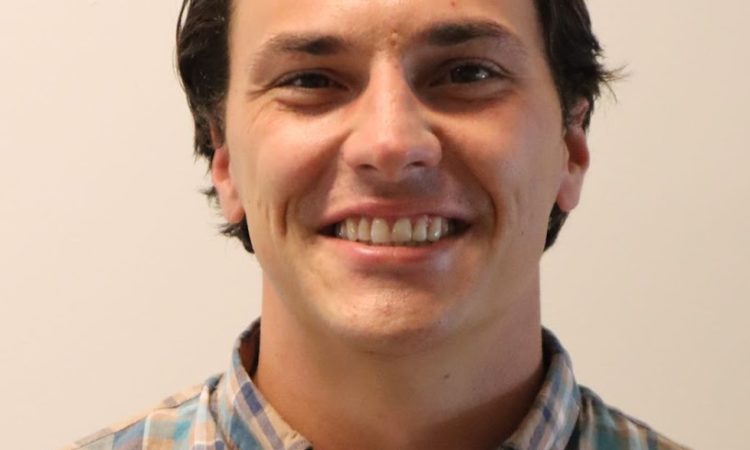
What are Emerging Leaders?
In Emerging Leaders, we believe that leadership is a mindset, not a title. Leadership, like a muscle, can be strategically built and developed over time. Emerging Leaders is a year-long professional development cohort designed for KIPP MA teacher leaders seeking to strengthen their ability to lead strategically, authentically, and equitably. Emerging Leaders meet on a monthly basis to build a shared understanding of foundational leadership principles and contextualize these principles within participant’s roles at their respective schools. Through participation in Emerging Leaders, participants:
-
Strengthen connections with other emerging leaders throughout the organization
-
Strengthen knowledge and skills in leadership domains that are key to being a successful teacher leader and/or school-level leader
-
Deepen self-awareness through a targeted coaching cycle, feedback analysis, and action planning.
-Farida Graham, Managing Director, Teacher & Leader Development
KIPP Academy Boston teacher, Joel Brockberg, shares his story.
“I’m a child of educators. Actually, I’m not just a child, but also a grandchild, a nephew, a friend, and a brother of educators. I have seen and experienced a wide range of schools on my journey through education – from an international school in Hong Kong, to a small lutheran middle school, an elite public high school to a Big Ten university, I’ve had access to some of the best education in the world. No matter which school I went to, I can think of someone who believed in me and pushed me to be a better student or a better person – their names etched into my memory – Mills, Frimoth, Needham, Smith, Guith, Wuggie. All people who saw something in me that I didn’t always see in myself.
When I started down my own path in a career in education, I knew I wanted to emulate them, to “make a difference” in the life of a child. During that time, I was volunteering at a church youth group, and when the leader resigned the church asked me to take over. I was woefully unprepared for the work, but once again, I found a support system quickly that believed in and supported me. I ran the group for 5 years and in that time I really began to learn what it meant to believe in others, the way I had always experienced. I started to understand what it meant to see what was possible in a child, and to nurture that possibility with love and understanding. During that time I was able to build a team of young adults that met with and mentored our group of high school students, many of whom still run that group to this day. Their names too remain with me – Gia, Laura, Sean, Kristen – people who just needed opportunity and a push from someone who believed in them.
My life took a turn when I moved to Boston, and I found myself out of my depth teaching 5th grade science at KAB. I was bad. I knew I was bad. I’m pretty sure the kids knew I was bad. But even at 30 years old, I found myself showered with support and love – my teachers’ names similarly etched in my mind – Smith, Ricciardi, Meisner, Barnes. However, in my own self interest and desire to be better, I had forgotten what it meant to believe in the best in kids. I had lost the ability to see them because I was overwhelmed by my own limitations. One particular day, during a terrible lesson where I had lost the class, I told my co-teacher at the time “I can’t teach them. I don’t even know what they can do.” She looked me dead in the eye and told me, “They can do anything. It’s your job to show them how.”
It is a flash point for me, the “aha” moment when the fire was rekindled – when I began to remember what it meant to see kids not for what they were doing or had done before, but for what they could do and who they could be. It was not a change in effort, but a change in attitude: to see and believe in the possibility of every child, and open the door of opportunity through the transformative power of radical love, empathy, empowerment and understanding. It is not a destination, but a process.”